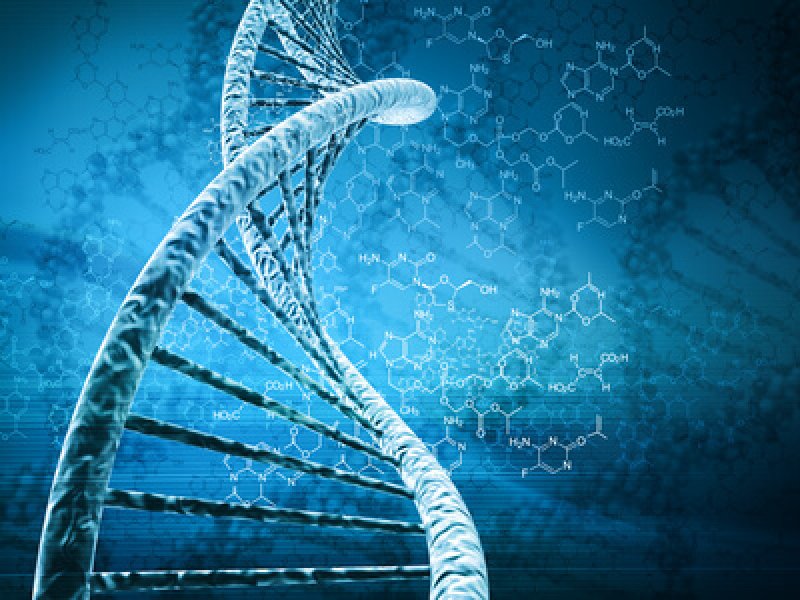Why has cancer proven so resistant to cures, why is it so widespread, and why has the War on Cancer gained such precious little ground?
One argument is that we’re looking at cancer all wrong. Rather than a motley collection of cells gone berserk, they might better be seen as “atavisms” evolutionary throwbacks to the dawn of multicellular life, when single cells began cooperating and forming rudimentary aggregations.
Basically: early life was akin to tumors, and cancer is just what happens when some switch gets flipped and the cells of body “revert” to this tumor-state. This idea was first formally proposed by physicists Paul Davies and Charles Lineweaver in 2011 in a paper in Physical Science, and Davies has been advocating it in numerous articles, arguing that cancer can only be properly understood as an evolutionary time-machine.
This idea has drawn ire from mainstream evolutionary biologists, and igniting a spate of highly critical responses. Chief among the critics is PZ Myers, author of the Pharyngula blog, who challenged the idea that cancers are evolutionary throwbacks. He called the idea “embarrassing” for its fundamental misunderstandings of modern biology.
In particular, “peculiar notions about molecular biology that allow them to imagine whole invisible networks of primeval genes lurking as atavisms beneath the polished exteriors of urbane and civilized modern cells.” There is no “layer” of primordial genes somehow hidden from the forces of evolution, yearning to be set free as tumors.
Additional Resources:
- “Cancer tumors as Metazoa 1.0: tapping genes of ancient ancestors,” Physical Biology
- “Physics meets cancer: The disruptor,” Nature
- “Cancer resembles life 1 billion years ago, say astrobiologists,” Australian Life Scientist
- “Atavism: Embryology, development and evolution,” Scitable































